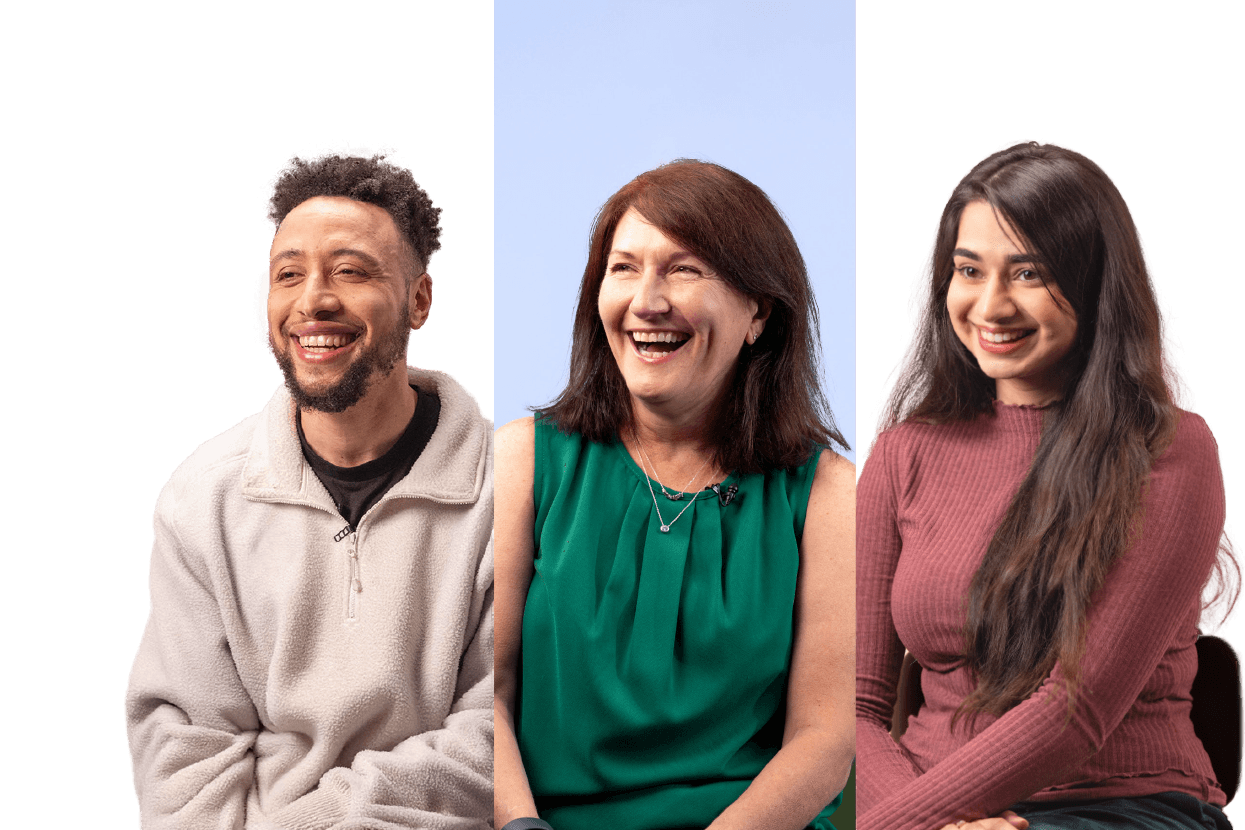In Black History Month - a month when people are engaged to hear about race issues, we felt it's a good time to shine a light on the issues surrounding race. Dickson Abegunde, a member of our BAME network, shares his views on a traditionally taboo topic.
Being called out on your racist views should not always be considered a slur.
Let me set the scene. You're having a conversation with a person of colour. You say something off the cuff, something that you didn't think could or would offend. The person you're speaking to looks at you bewildered and responds with, "That's a racist view, it's offensive, and I can't believe you said that!" As soon as you hear the R-word directed at you, you tense up. Your face becomes flush due to the spike in your heart rate and the increase in blood flow. The negative connotations of that word that you've heard over the years start to spiral in your consciousness. You scan your surroundings to see if there is anyone around if anyone was witness to your perceived character assassination. You take a deep breath and say "Excuse me, I'm not racist, and I do not have racist views. Why is everything always about race? I don't want to have this conversation with you."
I've seen the preceding scenario play out on many different occasions. Challenging someone's racist views elicits the shutdown response. It's a guaranteed conversation stopper. But what if it wasn't? What if we all reacted differently when called out for our racist views? What if we embraced our views being challenged and used it as an opportunity to hear a different perspective? What if, instead of shutting down the conversation, it facilitated acknowledgement, debate and understanding? What if we learnt to navigate these conversations in a way that brought people closer together, instead of driving them apart?
I want to make it clear at this point, that calling someone out for racism should be approached with tact and caution. Racism carries a lot of emotional weight, and the accuser should respect that weight before throwing that word around. Both parties can play a part in ensuring dialogue continues. However, we need to remember that a lot of people have experienced both covert and overt racism for most of their lives. These experiences may have created painful memories, and suppressed emotional trauma can boil over at any moment. Therefore, if you are called out for racist views, and you feel your accuser approached you inappropriately, maybe cut them some slack. We can all think of occasions where we could've dealt with a situation differently.
Now I get it. When you think of people with racist views or ideology, you imagine the National Front, swastikas, far-right groups, the men who killed Damilola Taylor and other genuinely horrible human beings. But, you're nothing like those people, so how can you be described as racist? The truth is we all have to grapple with our unconscious biases, and sometimes those biases reveal themselves as racist tendencies. We live in a systemically racist society, racism has been built into the foundation of human culture for generations, and racist ideology is pervasive and taints a vast part of the way the world works and in extension how we think. It would be a miracle living in the world without having some questionable views about people from a different race to yourself.
Experts have identified several biases that we all display. Let's pick out two that are relevant to this discussion.
Bias in the brain
Cognitive biases originate in the way the brain processes the information that every person encounters every day. The mind can deal with only a finite amount of information, and too many incoming stimuli can cause information overload.
To avoid getting overwhelmed, the brain uses a number of tricks. These methods are usually effective, but may also become biases when applied in the wrong contexts. For example, all black men wearing a hood are dangerous. All Muslims wearing a hijab or carrying a backpack is suspicious.
Bias in society
Another source of bias comes from society. When people connect directly with their peers, the social biases that guide their selection of friends come to influence the information they consume and how they view the world. You tend to evaluate information more favourably if it comes from within your social circle, which creates "echo chambers" that are ripe for manipulation, either consciously or unintentionally. This helps explain why so many conversations devolve into "us versus them" confrontations. For example, why is it only Black Lives Matter, what about me, surely All Lives Matter!
So next time you're called out on your racist views, you will undoubtedly feel some of the same emotions that I described at the outset; tense, upset, shock, embarrassed, but at the point where you feel like closing the door on the conversation and walking away, don't. Take a deep breath, regain your composure, realise that being called out for racism may not always be a slur, but an opportunity to have a conversation. Listen to the other person's view, ask your own questions, respectfully challenge anything you disagree with, commit to building a connection. At the end of the conversation, you might have learnt something worthwhile about yourself, or you might have not. Either way, you would have gained the respect of your accuser and anyone else that was privileged to hear you embrace the conversation.
"If it doesn't challenge you, it doesn't change you!"
Dickson Abegunde

